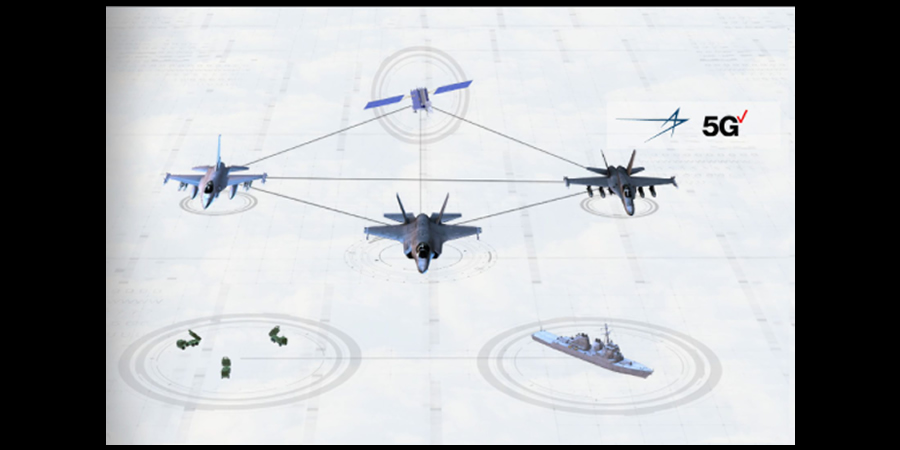Verizon and Lockheed Martin have signed an agreement to collaborate on 5G.MIL technologies that will provide ultra-secure, reliable connections for the US Department of Defense systems, bringing together high-tech platforms into a cohesive network spanning air, land, sea, space, and cyber domains.
"Verizon is at the cutting edge when it comes to building out reliable, high performance 5G Ultra Wideband networks with mobile edge computing capabilities," said Kyle Malady, chief technology officer at Verizon. "Our work with Lockheed Martin will help enable the creation of new and innovative products and technologies, helping DOD leaders achieve the goals laid out in their 5G strategy."
"Lockheed Martin’s deep understanding of DOD mission requirements coupled with Verizon’s wireless expertise will truly enable the Joint All-Domain Operations battlespace our customers envision," said Rod Makoske, chief engineer and senior vice president of Engineering and Technology at Lockheed Martin. "Leveraging commercial 5G technologies with military-grade enhancements will let customers field, scale and deploy this technology faster and in more operational environments."
Lockheed Martin’s 5G.MIL program is a robust, 5G-enabled, heterogeneous "network of networks" that integrates military tactical, strategic, and enterprise networks, and leverages existing telecommunication infrastructure technology. 5G.MIL will enable interoperability between 5G networks, NextG networks, and operational DOD networks to enable effective and resilient communication across all domains.
Initial tests demonstrated interoperability between Lockheed Martin’s open tactical gateway solutions and Verizon’s On-Site 5G network technology. Specifically, situational awareness applications receiving Link-16 standard messages were linked to 5G user devices. Verizon’s infrastructure and Lockheed Martin’s open mission system tactical gateway technologies will help to address future anticipated requirements for tactical operations.










